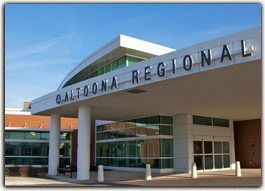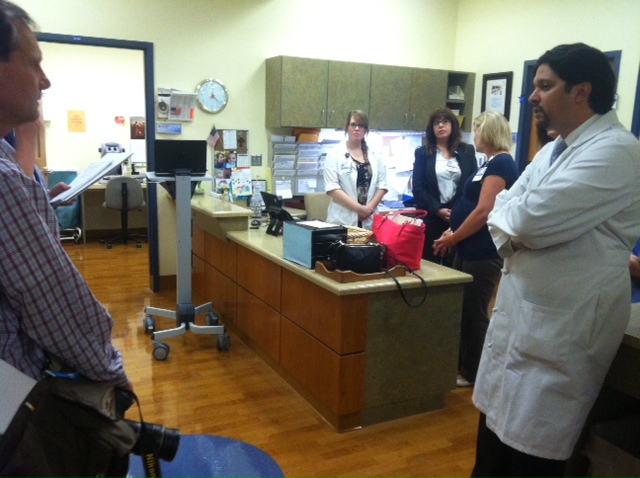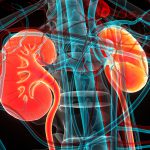Gloria Bosh had a kidney transplant 14 years ago. But every year, the 72-year-old has to travel more than two hours from her home in Duncansville to Pittsburgh for a check-up with specialists. The trip requires her son, who lives out of state, to come and take her each year.
But that’s all changed now that UPMC Altoona has opened a transplant clinic for the care of transplant patients before and after their surgeries. Instead of traveling to Pittsburgh to see UPMC’s world-class specialists, the physicians and transplant team will come to UPMC Altoona’s Station Medical Center to provide care.
“I was very happy to hear there’s a clinic here. I did a real happy dance,” Bosh said.
Officials expect about 200 patients to use the clinic for pre- and post-operative care. Patients will be able to receive education about the transplant process, get evaluated for transplant and get testing such as CT scans, bloodwork and echocardiograms at offices in the same building as the clinic.
The transplant team at the clinic consists of six surgeons, six nephrologists (physicians who specialize in kidney disorders), a patient care technician, a nurse coordinator and a social worker. Staff members take turns coming to Altoona.
“We’re pleased to be able to offer these pre- and post-op services to patients close to home,” said Amit Tevar, M.D., surgical director, UPMC Kidney and Pancreas Transplantation. “We realize it’s often a hardship for people to have to travel to see us in Pittsburgh and having this clinic in Altoona not only reduces that burden but also eases their fears and worries about the entire transplant process. It is truly a move that puts patients first.”
The Altoona area has a large number of people awaiting transplant, said Deb Maurer, transplant program administrator at UPMC.
“By having the clinic in the Altoona community, patients who may have been hesitant to explore transplantation in the past may now be interested in learning about the procedure because the only time they have to come to Pittsburgh is for the surgery,” she said. “It improves access.”










